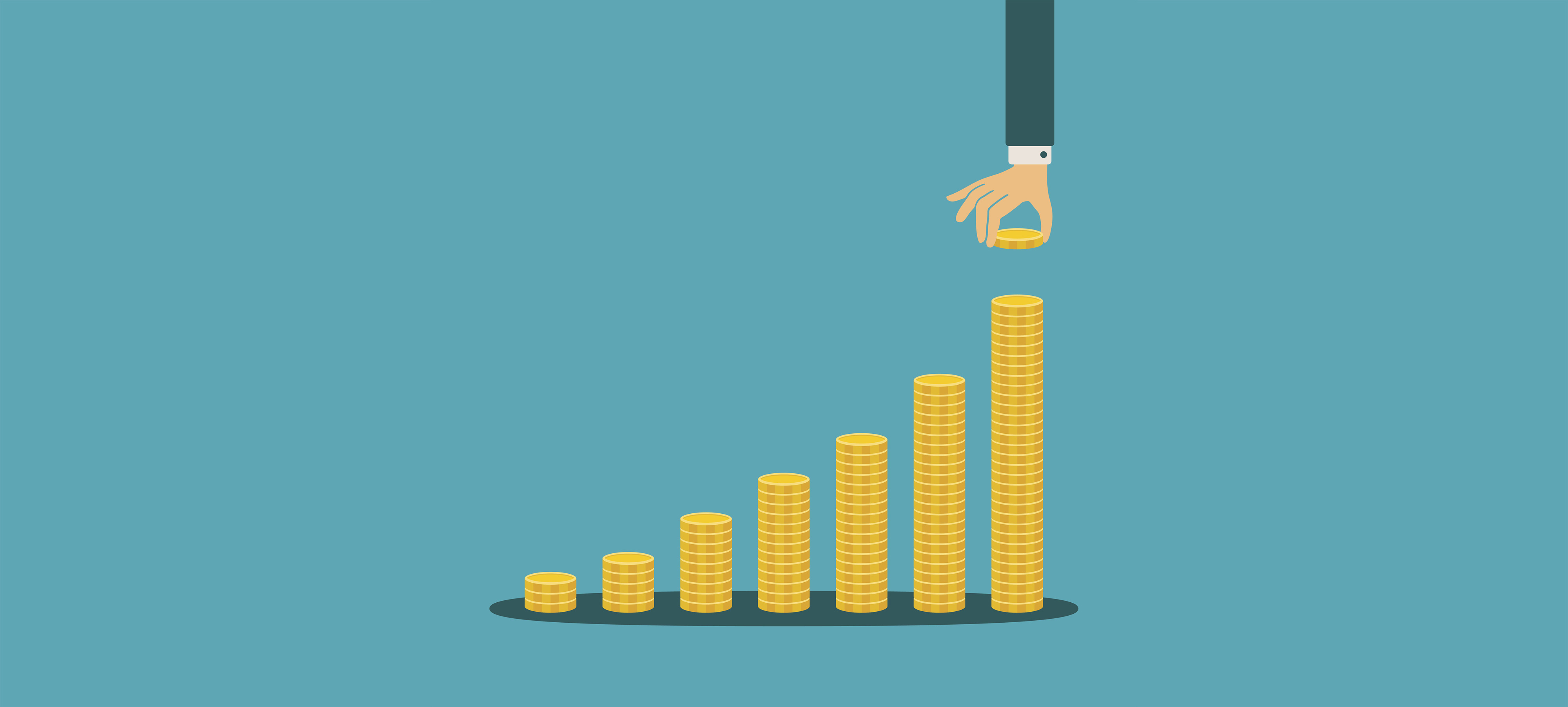Got a big tax refund? Here's what you should — and shouldn't — do with it.
Do not treat it like it's a surprise bonus


If you had a friend who only ever seemed to be in debt, would you loan him money? Would you let him borrow hundreds — or even thousands — of dollars from your savings account, even if you didn't agree with how he spent it? Probably not, but for argument's sake, let's pretend you did let said friend borrow some cash. Let's also say he eventually paid you back, but without any interest at all. Would you feel like you'd gotten an unexpected bonus? Again, the answer is probably no. You'd most likely be relieved that you got your principal back and then hope that he never asked you for money again.
When you pay extra taxes out of every paycheck and later file for a refund, this is exactly what you're doing — lending money to the government throughout the year at a zero percent interest rate. At least in the example with a friend, you've possibly built trust or strengthened a relationship. But when you lend money to the government, there is no tangible benefit for you.
I know a lot of people who intentionally overpay their taxes by 50 (or more) percent because they enjoy getting a big check from the IRS. That's a flawed practice. Why? Because that money was always yours. You could have kept it all along by having less tax withheld from your paychecks. When you think of it that way, a tax refund isn't really a check from the IRS — it's a check from yourself.
The Week
Escape your echo chamber. Get the facts behind the news, plus analysis from multiple perspectives.

Sign up for The Week's Free Newsletters
From our morning news briefing to a weekly Good News Newsletter, get the best of The Week delivered directly to your inbox.
From our morning news briefing to a weekly Good News Newsletter, get the best of The Week delivered directly to your inbox.
What I recommend is this: Do not aim for a huge tax refund.
Don't get me wrong here; I would not advise underpaying your taxes as it could result in interest, and possibly penalties. I am pretty conservative with money, so my recommendation for most people would be to plan your tax withholding so that you get a small refund when you file. That way, you have a buffer in case your withholding estimate is inaccurate. Estimating accurately gets harder the more complicated your finances are (you may want to meet with a CPA about your specific facts).
Tax law is extremely complicated, which means it's rare that a taxpayer neither owes money nor receives a refund at tax time. Most people prefer to be in a refund situation because no one enjoys cutting a check to the IRS in April. When you see tax deductions come off the top of your check every single payday, it's then a psychological blow if you have to pay even more tax on April 15th. This is completely understandable, but overpaying taxes throughout the year is not the best use of your hard-earned money. I doubt you'll ever find a financial adviser who would recommend using tax payments as a savings account. It is a much better financial plan to open a savings account and send money from each paycheck there. However, with your money in an account instead of sitting with the IRS, it's important to exercise financial self-control to make sure you save some cash, just in case you accidentally underestimate your tax liability.
If you do find yourself with a large refund, do not treat it like it's a surprise bonus. Act as if a friend repaid money he owed you. Like I said, that money always belonged to you; it has simply been tied up elsewhere for the year. Resist the temptation to buy a rapidly depreciating asset with your refund. This time of year brings with it tons of advertisements encouraging you to use your refund as a down payment on a car or to purchase new furniture. Don't fall for gimmicks. Instead, put your refund towards the principal on your mortgage or make an extra payment on a student loan. If you don't carry any debt, pat yourself on the back, and then invest your refund. If you've been thinking of opening a Roth IRA or starting a college savings account for your children, now is the time. Another good option is to start an emergency fund, if you don't already have one. You've lived without that money all year, so investing it should be easy.
A free daily email with the biggest news stories of the day – and the best features from TheWeek.com
After you've made a smart plan for your refund, consider changing your withholding going forward, as long as you expect future earnings and deductions to remain the same. You can do this by completing a new W-4 form and returning it to your HR department. When you fill out your new W-4, keep in mind that the higher number of "allowances" entered on line 5 of the form, the less tax withheld from your check. It's important to revisit the allowances you claim at least once a year to ensure you're withholding a reasonable amount of tax.
When you see your tax refund for what it really is, you can take better control of your finances. Hopefully you feel secure in knowing that your money is working for you, instead of hiding under the IRS' mattress (or wherever it is they keep it).
Katie Gauss is a wife and mother of twin girls. She is a Certified Public Accountant by trade but currently a stay-at-home mom. She lives in beautiful northern New Mexico and writes about life with twins at her blog.
-
 Grok in the crosshairs as EU launches deepfake porn probe
Grok in the crosshairs as EU launches deepfake porn probeIN THE SPOTLIGHT The European Union has officially begun investigating Elon Musk’s proprietary AI, as regulators zero in on Grok’s porn problem and its impact continent-wide
-
 ‘But being a “hot” country does not make you a good country’
‘But being a “hot” country does not make you a good country’Instant Opinion Opinion, comment and editorials of the day
-
 Why have homicide rates reportedly plummeted in the last year?
Why have homicide rates reportedly plummeted in the last year?Today’s Big Question There could be more to the story than politics
